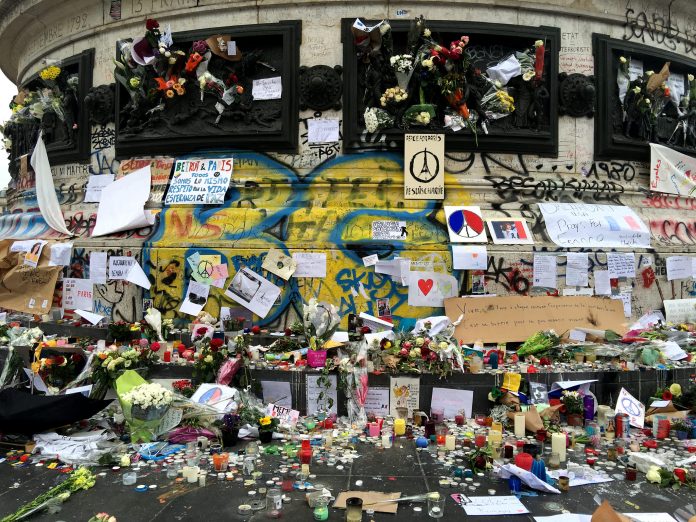A big influx of returning fighters has not materialised, but there is an increasing threat of home-grown attacks, according to Europe’s police agency.
“The main threat is coming from foreign terrorist fighters even though the numbers… that are returning are quite low,” Manuel Navarrete, head of Europol’s Counter Terrorism Centre, told a press conference at its Hague headquarters on June 21. He was referring to outsiders who travelled to Syria and Iraq to fight alongside militants there.
The number of attacks in Europe, including foiled and failed plots, nearly doubled last year to 205, and led to the deaths of 62 people, according to Europol’s 2018 Terrorism Situation and Trend report released on June 20. The figure compared with 13 reported attacks in 2016, of which 10 were successful leading to 135 deaths.
According to Europol, the risk of more unsophisticated attacks by the so-called Islamic State group “remains acute” adding that “the increase in the number of jihadist terrorist attacks in 2017 ran parallel to a decrease in sophistication in their preparation and execution”.
Navarrete said that Islamic jihadists who carried out attacks in the EU last year were mainly home-grown, “meaning that they were radicalised in their country of residence without having travelled to join a terrorist group abroad”.
He added that in many cases “it becomes a form of personal retaliation against the country that they failed to integrate with”.
As reported by France 24, of the more than 5,000 Europeans (most from Britain, France, Germany and Belgium) who joined the ranks of fighters in Syria and Iraq, some 1,500 have returned and 1,000 were killed. There is only limited intelligence available about the fate of the rest.
According to Navarrete, tougher border controls, surveillance and prosecution in Europe have also dissuaded some from returning, with EU nations making more than 700 arrests linked to jihadi activity in 2017.

